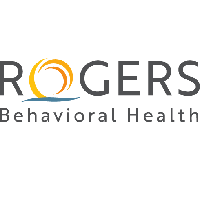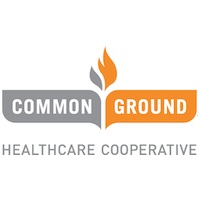
Two new studies aim to boost fight against COVID-19
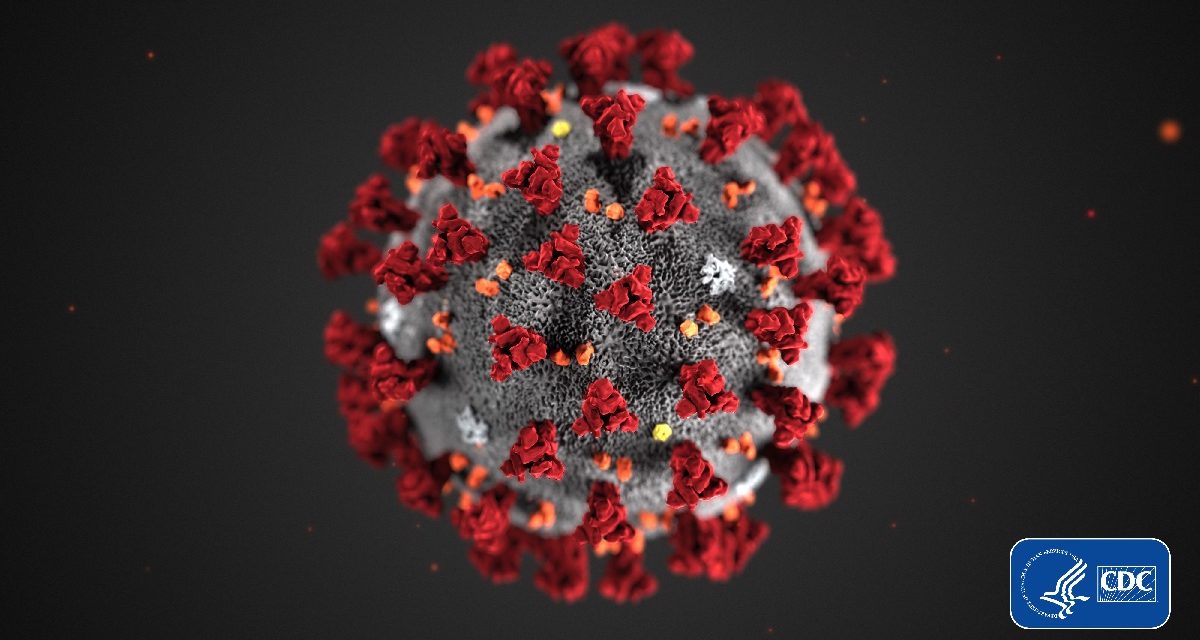
Two population health studies announced by the Department of Health Services on Wednesday aim to provide a better understanding of how COVID-19 has impacted the state and identify communities at risk for future outbreaks.
Dr. Ryan Westergaard, chief medical officer of the Bureau of Communicable Diseases at the Department of Health Services, said that diagnostic testing reported by DHS daily is only the “tip of the iceberg” when it comes to painting a complete picture of the pandemic in Wisconsin.
“If we want to more fully understand the spread of COVID-19 epidemic in the past, we have to use a variety of tools and collect different kinds of information to look at the epidemic from a number of different perspectives,” Westergaard told reporters.
The Survey of the Health of Wisconsin at the University of Wisconsin-Madison will lead one of the studies in partnership with DHS. That study will help determine the prevalence of COVID-19 antibodies throughout the state, which may give a better understanding of how many were infected with the disease.
Study participants will receive antibody testing quarterly over the course of the next year. The Survey of the Health of Wisconsin will recruit participants for the study who have participated in the survey in the past.
The participants will be from 10 randomly selected counties and the city of Milwaukee, according to Kristen Malecki, principal investigator for the survey and an associate professor of population health sciences at the UW School of Medicine and Public Health.
Malecki said in a statement that existing research infrastructure and community partnerships will help in containing and tracking the pandemic.
The Wisconsin State Laboratory of Hygiene is collaborating with UW-Milwaukee and the Department of Natural Resources on the other study, which will involve testing samples from wastewater treatment facilities to determine levels of virus genetic material found in sewage.
If the virus is detected or virus quantities increase, public health officials can adopt measures to minimize transmission and prepare for a potential surge. Results from that study, which will run through next June, should begin coming in later this summer.
Dr. Jon Meiman, chief medical officer of the Bureau of Environmental and Occupational Health at DHS, said the approach of testing wastewater is new.
They’re planning to focus on around 20 counties, which would cover about three-quarters of the state’s population. Testing that on a routine basis could help determine whether transmission is increasing or decreasing, he said.
They’re also planning to test other parts of the state, such as rural areas where there may be less transmission, although not as frequently. That may help identify emerging hotspots before they’re detected by more traditional ways.
Several European countries have found that they were able to detect the new coronavirus in wastewater before they detected it in people through standard diagnostic tests, he said.
Wisconsin Health News is removing the password on all stories related to the coronavirus. For the latest developments follow us on Twitter at @wihealthnews or check out our website. For complete healthcare coverage, sign up for a free trial to our daily email newsletter.

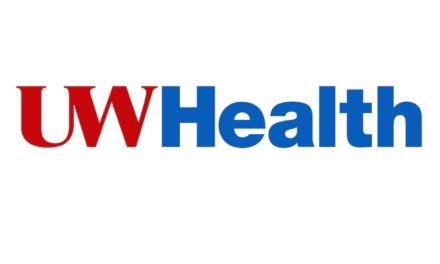
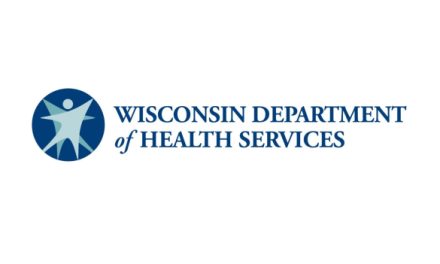











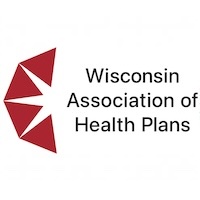

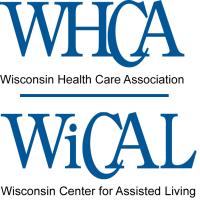
.jpg?bwg=1612548324)




